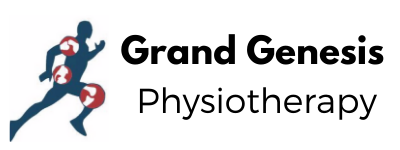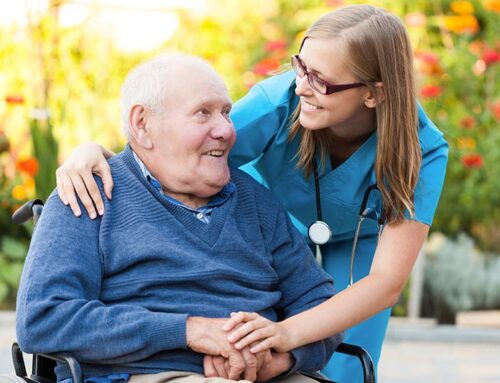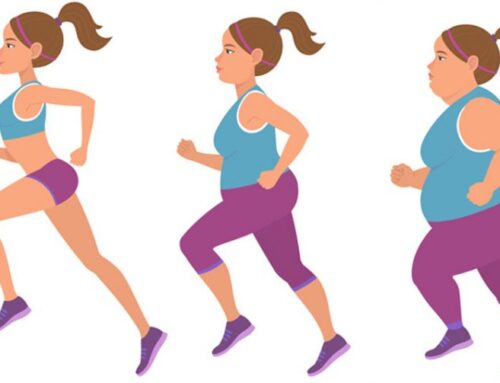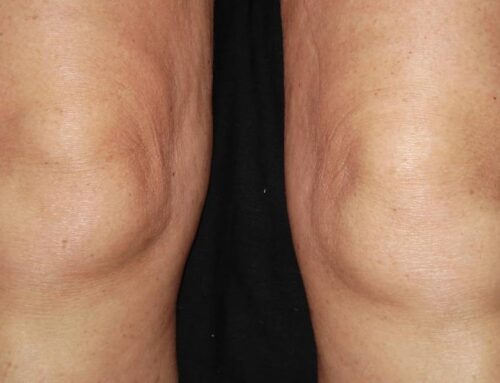Massage Therapy, music therapy, and other non-drug interventions are effective at treating dementia symptoms such as aggression and agitation suggests a new studyTrusted Source published today in the Annals of Internal Medicine.
For years, many physicians and caregivers have treated side effects of dementia, such as agitation or aggression, with medications. But these drugs have a number of side effects, such as increasing a person’s risk of falls and fracturesTrusted Source.
Now, this study provides people with dementia and their caregivers other options before turning to pills to treat these psychiatric symptoms.
While non-drug interventions for agitation and aggression offer fewer side effects, there’s a lack of research that directly compares them to medication treatments.
In the new paper, researchers tried to fill in this gap by combining results from 163 previous studies that looked at non-drug treatments for aggression and agitation in people with dementia.
Non-drug treatments effective for agitation and aggression
While dementia is probably best known for affecting memory and other thinking skills, research shows that three-quarters of peopleTrusted Source with dementia also have psychiatric symptoms.
These symptoms have been linked to poorer quality of lifeTrusted Source for the person with dementia, as well as faster mental decline and earlier deathTrusted Source.
Their meta-analysis included information on over 23,000 people with Alzheimer’s disease or other types of dementia.
Over half of the studies had interventions that ran for less than 11 weeks, while some ran for more than 30 weeks.
Researchers found that three types of non-drug interventions, including massage therapy, music therapy, and multidisciplinary care, were clinically effective for treating aggression or agitation in people with dementia, compared to the usual care for these symptoms.
The first was multidisciplinary care, which involved a care plan developed by more than one healthcare provider, such as by both a nurse and a physician.
Massage and touch therapy were also effective. These included interventions such as massage, acupressure, and therapeutic touch.
Music therapy was only effective when combined with massage and touch therapy. Music therapy involved listening to music, playing musical instruments, dancing, or moving to music.
The researchers also found that certain drug-based therapies, including cannabinoids, were more effective than usual care. However, given the potential side effects of these medications, people with dementia and their caregivers may want to consider non-drug treatments for aggression and agitation first, write the authors.
How to treat a degenerative disease
The authors point out that treatment for the psychiatric symptoms of dementia is still not a one-size-fits-all solution.
“Treatment should be tailored to the patient and their specific experience,” study author Dr. Sharon Straus, director of the Knowledge Translation Program at St. Michael’s Hospital in Toronto, said in a statement.
“This study, however, does shed light on the opportunity to consider prioritizing different types of interventions for aggression and agitation when appropriate,” said Straus.
There were drawbacks to the study, and more research will be needed to show which types of patients will benefit most from non-drug interventions for aggression and agitation. The meta-analysis was limited by the quality of studies included. Almost half of the studies were missing information on patient outcomes, which could throw off their results.
In addition, this analysis didn’t compare the potential harms and costs of the different interventions.
What’s behind agitation or aggression?
The authors of the new study write that non-drug treatments for aggression and agitation may work because “behavior has meaning” and multidisciplinary assessments, with physicians, nurses, and other healthcare providers, can help provide context for those behaviors.
“When we label patients [with dementia] as ‘agitated,’ we excise ourselves from looking into why they may be behaving a certain way,” said Dr. Gayatri Devi, a neurologist and psychiatrist at Northwell Health in New York City and author of “The Spectrum of Hope: An Optimistic and New Approach to Alzheimer’s Disease and Other Dementias.”
To help reduce certain psychiatric behaviors, patients should also be treated with “care that addresses underlying needs.”
These needs are often obscured by how the symptoms are labeled. While the terms “agitated” and “aggressive” may be clinically useful, they don’t show what’s going on in the mind of a person with dementia.
For example, a person with dementia may be anxious getting into a shower because water scares them, or they’re afraid of stepping over the edge into the shower stall.
Looking at these situations with an eye toward what a person with dementia is experiencing “gives us a better idea of what the underlying problem might be,” said Devi.
She also said that older people, in particular those with dementia, are often deprived of “caring” physical touch, which can worsen feelings of isolation and anxiety.
“When we are deprived of the warmth of a caring human touch as opposed to clinical touch or ‘managerial handling,’ we lose an essential part of what it means to be human,” said Devi.
But she doesn’t rule out the use of medications for psychiatric symptoms of dementia.
“There are situations where the anxiety is all-consuming and pervasive with resultant agitation,” said Devi. “And medication is the best way to address the issue.”



